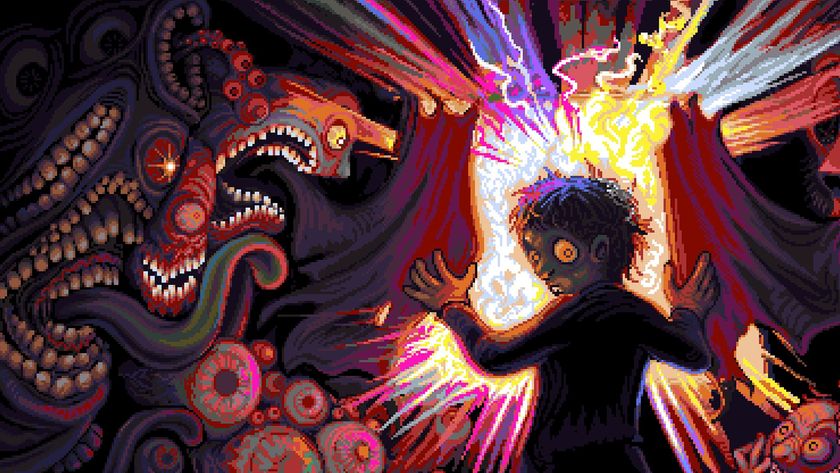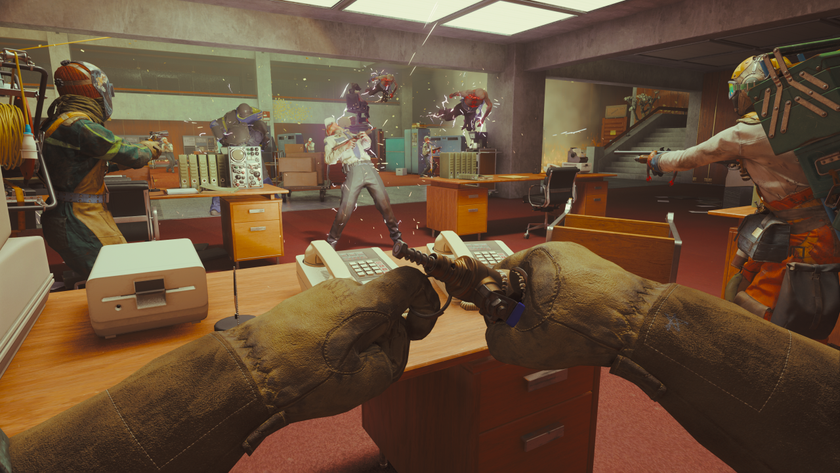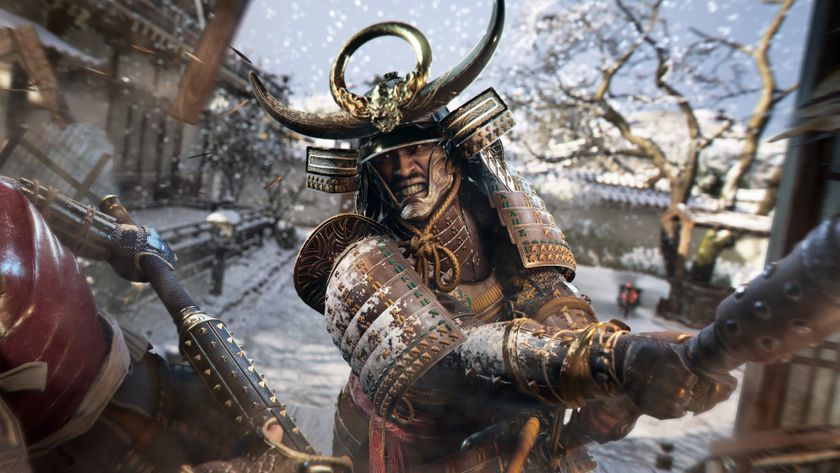Why free-to-play could save EVE Online
EVE's player-driven ecosystem runs on one thing: new blood.
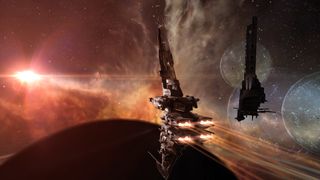
For MMOs, going free-to-play has long been seen as an admission of failure—a last ditch effort when a game can't justify the monthly cost just to play it. But for every MMO that turns free-to-play out of desperation, another finds a new life free from subscription fees. Yesterday EVE Online became one of the many MMOs to make the switch with its Ascension update, letting players participate in its unique spaceship sandbox without the monthly cost. As I sit down with CCP Games executive producer Andie Nordgren, I have one question: Is the addition of a free-to-play option a bid to save EVE Online from dying?

With the free-to-play Ascension update now available, now's a good time to try EVE Online. But first, read our guide to get some crucial pointers on what EVE is all about.
"Yes," she says and then quickly adds, "but not because it's a last-ditch effort." Instead, Nordgren explains that the decision to include free-to-play options was a reaction to the way the MMO genre has all but abandoned the notion of subscription fees. "The combined equation of EVE being intimidating to a lot of people and also carrying an inescapable financial commitment—I think it's just become too big of an ask. It's not anything that has to do with EVE really, just what people expect from games these days." While Nordgren maintains EVE Online is doing just fine as is, she says CCP Games saw the writing on the wall.
A change of perspective
With Ascension, EVE Online has joined the growing number of MMOs that are ditching the subscription fee in favor of attracting a wider audience, leaving only a few like World of Warcraft, Final Fantasy XIV, and—amazingly—Final Fantasy XI behind. EVE's interpretation of free-to-play is different that any other MMO, however. Most use a model similar to Tera, which went free-to-play in 2013: You can level and experience the entirety of the game for free, but an optional subscription gives you more experience points, better fast travel, and more generous loot. Simply put, cough up the dough and they'll make the grind a little less of a chore.
EVE Online's free-to-play system, called 'alpha clones,' is quite different. Because EVE is a sandbox, it doesn't have the linear leveling system seen in most RPGs. Instead, players train skills passively, allowing them to pilot new ships, use certain equipment, or access new ways of earning its in-game currency, ISK. As an alpha clone, you're free to do all of that. The only restriction is that you can only train a set of basic skills that prevent you from sitting behind the captain's chair of EVE's more specialized ships. If you have dreams of one day flying a 14-kilometer-long Titan, you're going to need to pay up.
On paper, it sounds a little like World of Warcraft's "unlimited free trial," which lets players level up to 20 and enforces a handful of restrictions on how they can interact with others. But Nordgren stresses that alpha clones aren't just a way to have a nibble before CCP charges for the full meal. "We really want it to be viable to play for free in EVE," she says. "We want it to be a choice of how far you want to get into EVE and whether the subscription is interesting to you or not. The game is just better or cooler with more people."
While not flying the most powerful ships will be limiting to some, it doesn't stop anyone from participating in EVE's unique social ecosystem. Unlike most MMOs, your value as a player is defined by more than the armor you wear—or in this case the ship you fly. Alpha clones have no restrictions on how you communicate with other players, so you're free to join EVE's massive null-sec alliances and fight, trade, scam, or whatever else you can imagine. "We want to be generous with just giving away the genuine EVE experience and trust that if people really get into it and love it that enough people are going to want to buy subscriptions or ship skins and that will be enough, that we'll be fine," Nordgren says.
We really want it to be viable to play for free in EVE. We want it to be a choice of how far you want to get into EVE and whether the subscription is interesting to you or not.
Much of that has to do with understanding that EVE Online isn't your typical MMO. While character progression is important, the sandbox nature of EVE doesn't mean that bigger is always better. Even the most powerful ships are useless in the hands of an idiot, and likewise, an experienced pilot can turn a cheap frigate into a deadly machine of war. During a talk at EVE Vegas 2016 in October, game designer Steve Clark broke down the fleet compositions of two of EVE Online's biggest battles, showing that 17 percent were ships that alpha clones could fly. Free-to-play pilots might not win the war, but their presence on the field of battle is sure to have an effect.
The biggest gaming news, reviews and hardware deals
Keep up to date with the most important stories and the best deals, as picked by the PC Gamer team.
With the skill restrictions placed on alpha clones, players can still experience the basics of what EVE has to offer. They can fight, mine, do basic production, trade, and explore dangerous parts of space for expensive loot—all with just a few days of skill training for each profession. There's also ways of playing that aren't clearly defined by the game, like spying, scamming, and any other nefarious activity you can dream up.
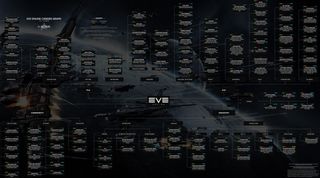
New blood for the blood god
At EVE Vegas, I made a point of asking players I met what they thought was EVE's biggest hurdle. Without a doubt, the most common answer was attracting new players. It might not surprise you, but an incredibly complex 13-year-old MMO where death means the permanent loss of your ship isn't exactly everyone's cup of tea. That's without mentioning EVE Online's reputation for crippling betrayals and general brutality.
Making matters worse, EVE Online's population has been in decline since around 2013. Attracting new players has felt like Mission: Impossible for CCP. Earlier this year at EVE Fanfest, its developers candidly revealed that a whopping 1.5 million players had tried EVE Online in 2015 and an equally whopping 51% of them had quit within two hours.
"So much of the gameplay is defined by what other players are doing as opposed to being defined by the game itself, having more people to interact and play against [is crucial]," Nordgren says. EVE pilots seemed to recognize this a few years ago, as the community's perception of new players has shifted considerably.
Anything that puts more ships on the field, whether friend or foe, is a great thing for EVE.
In 2013, the rise of alliances like Brave Newbies marked an era where new players weren't seen as a liability, but a potential threat to EVE's delicate political ecosystem. More recently, major alliances have started weaponized newbie organizations like Karmafleet and Pandemic Horde designed to bathe green pilots in the blood of their enemies. With the announcement of alpha clones and free-to-play, the reception from the community has been almost universally positive.
"I'm a big fan of free to play," says Karmafleet's leader, Merkelchen. "Anything that puts more ships on the field, whether friend or foe, is a great thing for EVE."
"Recruitment is probably one of the most important initiatives of any alliance," says Markonius Porkbutte, a spymaster in Goonswarm and previous leader of Karmafleet. It's simple: the bigger an alliance is, the more soldiers it can enlist, and the more resources it can capture. But Porkbutte says that before the Ascension update, recruitment often felt more focused on convincing others to abandon their own alliances than enlisting newbies—something that alpha clones should hopefully solve.
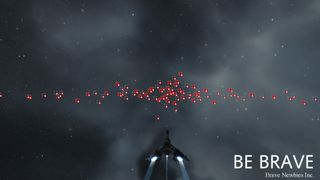
Talking with Drelnar, a recruitment officer in Brave Newbies, that seems to be the case. He tells me his department has been swamped with applications to join since yesterday and that sorting through them feels like "running on a treadmill." Make no mistake though, he's not complaining: "If [free-to-play] gets more people playing the game that means more people to fly with and shoot at—that's a good thing."
And that's only the beginning. "I was talking to people in Mercenary Coalition who have never really recruited noobs much," Nordgren says. "They're setting up a whole new operation and newbie recruiting infrastructure in the starter systems and they're really trying to bring people to them."
Like Karmafleet and others, Brave has created resources to help new players get into the game including guides on what skills to train and creating new fleet doctrines that make the most of ships alpha clones can fly.
"We have tasked our recruitment and engagement teams to get out there and roll out the red carpet for the influx of new pilots," Merkelchen says. "Making connections to other people has a direct correlation to pilots who have a positive new player experience in EVE Online so we are getting out there and talking to people. I would hate to think even one person is sitting out there alone in a high-sec grinding and thinking to themselves, 'this is it?'"
Learn to fly
While a lack of new players is a problem, it's more of a symptom that the source. Anyone who has played EVE for all of an hour can tell you that it's not exactly the easiest game to understand. Simply learning how to fly your ship can be confusing let alone knowing which modules to equip to it. Even if you manage to figure all that out, it only takes one wrong turn to wind up in pirate-infested space where your soon-to-be corpse will be scooped up and added to an ever-growing collection. EVE Online's first impression is more akin to a sucker-punch than a hug.
"There's no real way around EVE's brutality," Nordgren says. "But what I don't like is when things happen to people and they don't understand why. I think of it in terms of how can we make more people successful according to their own definition at playing EVE Online and that includes understanding what's happening to you and why and helping you make informed decisions."
To address this, Ascension is also unveiling a top-to-bottom redesign of EVE Online's tutorial system. CCP has always experimented with different methods of instructing new pilots on how to play, but the results were always underwhelming. Ascension tries something new by using a linear story-centric campaign to teach new pilots the ropes. Designed by producer Tryggvi Hjaltason, the goal is to use compelling characters to create an emotional bond and provide newbies with a purpose until they are comfortable enough to find their own.
"In the past we have tried all kinds of methods for teaching you the mechanics of the game but every time we have assumed you have your own motivation for learning it," Nordgren explains. "The approach we're taking now is saying hey, before you can even pick your own motivation, you need to get your bearings. You need to understand 'how does one EVE?' and then you're ready to start picking your own path. It's on us to show you around and we think this story-driven approach is a fantastic way to do that." It remains to be seen whether Hjaltason's philosophy can convince those 51% of players to stick around a little longer, but the initial reception from the community is hopeful.
There's no real way around EVE's brutality. But what I don't like is when things happen to people and they don't understand why.
Already the EVE subreddit is filling with posts from old and new players alike sharing stories about the influx of alpha clones and the starter systems are brimming with hundreds of new pilots. "I made a point of visiting my starter station, and teared up upon seeing the station bay full of undocked ships again," writes one player. "I missed you, EVE."
For CCP, Ascension is a chance to throw open the stargates and give potential players a chance to see what's so special about this MMO. But more importantly, it's going to hopefully solve EVE Online's new player woes, ushering in a new generation of pilots. Over the next few weeks, thousands of people will be trying EVE for the first time and Nordgren knows the stakes. "This is a huge deal for us and a huge launch. Overall, this is something that is going to take up to six months or so to really stick in terms of seeing the deeper ecosystem impact. It takes a while for people to really learn that it's now possible to play EVE for free. We're all a little bit scared and excited for the potential of it."
With over 7 years of experience with in-depth feature reporting, Steven's mission is to chronicle the fascinating ways that games intersect our lives. Whether it's colossal in-game wars in an MMO, or long-haul truckers who turn to games to protect them from the loneliness of the open road, Steven tries to unearth PC gaming's greatest untold stories. His love of PC gaming started extremely early. Without money to spend, he spent an entire day watching the progress bar on a 25mb download of the Heroes of Might and Magic 2 demo that he then played for at least a hundred hours. It was a good demo.
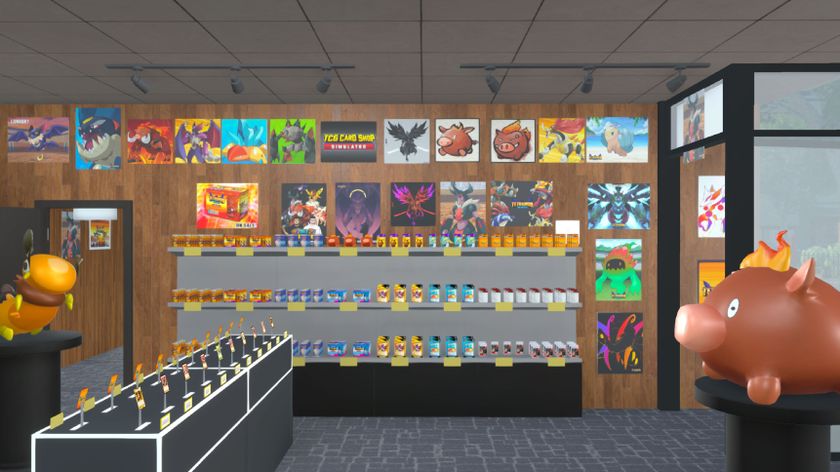
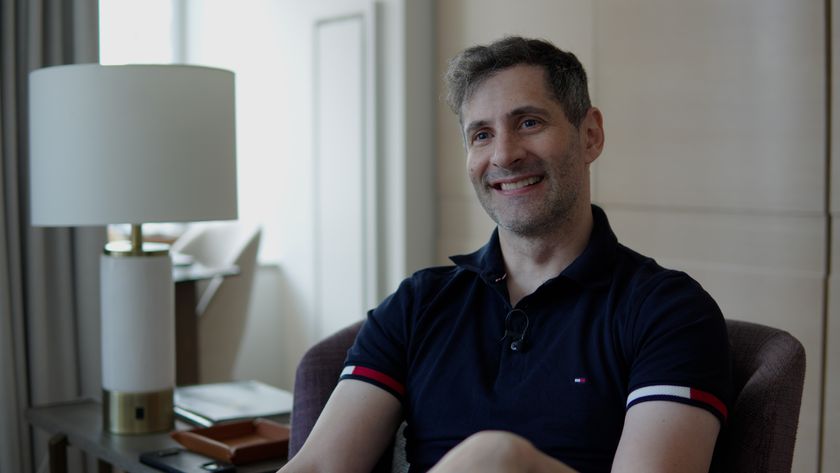
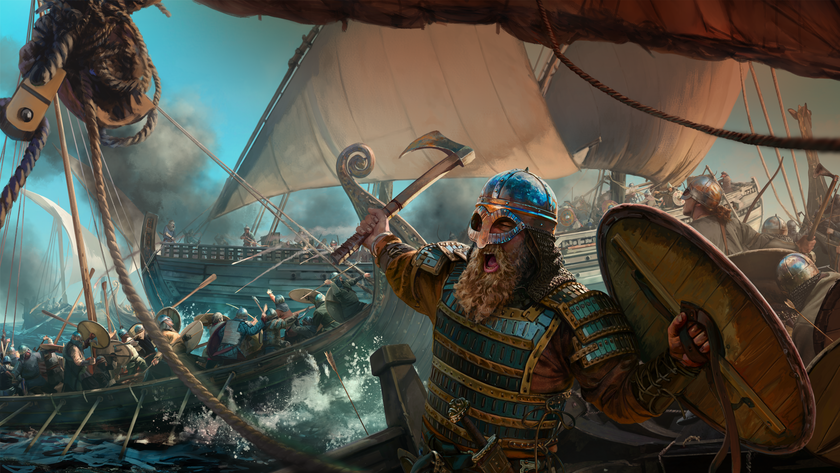
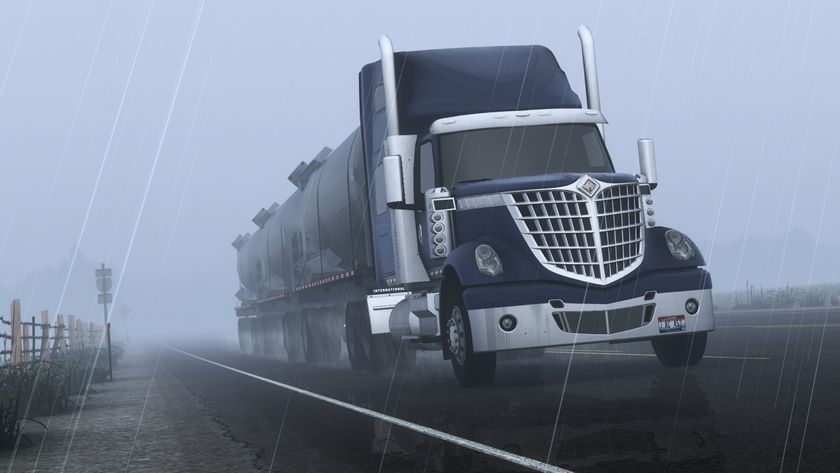
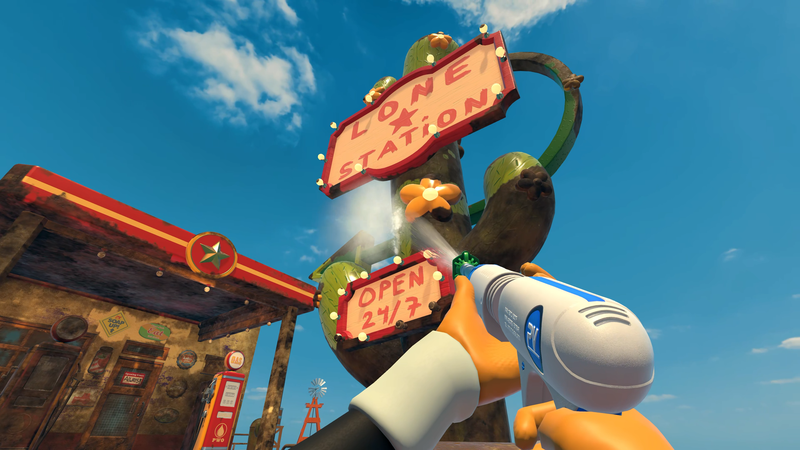
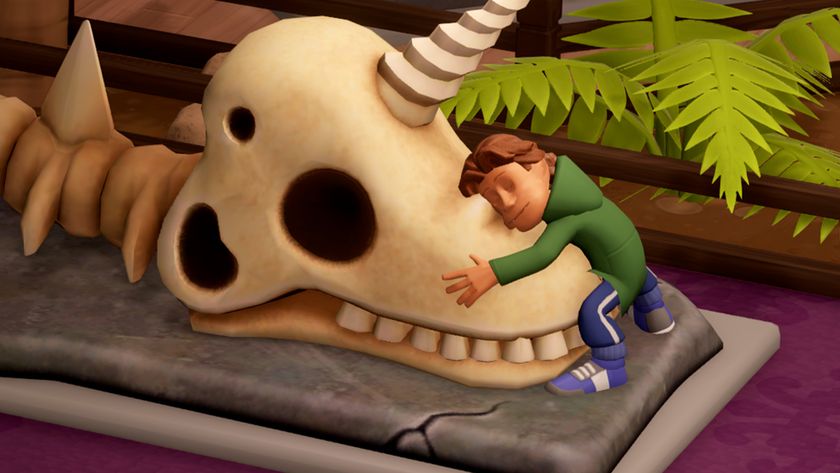
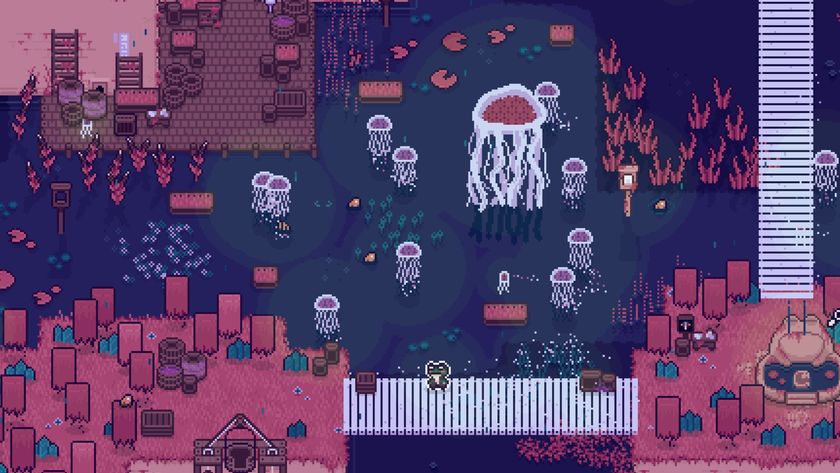
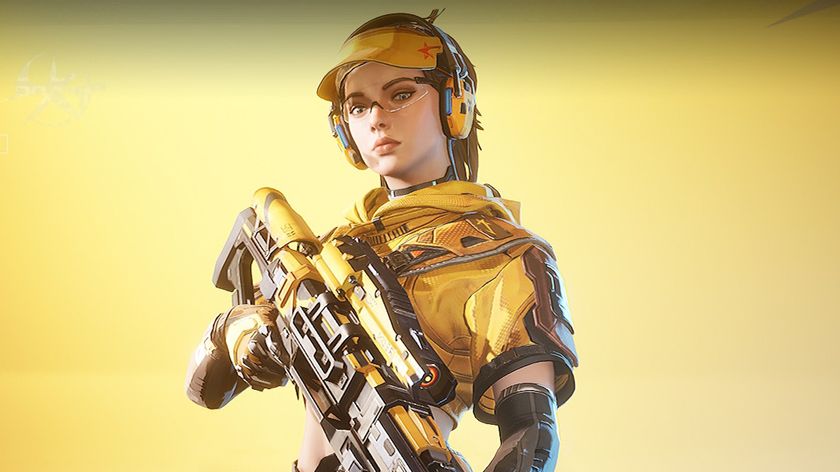


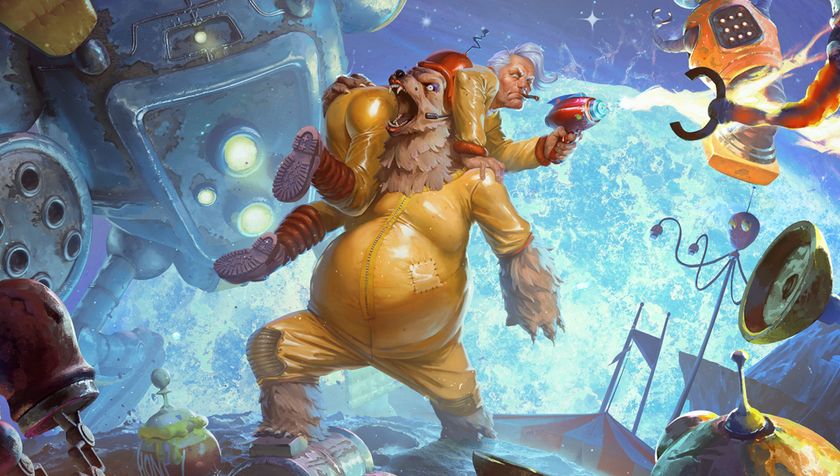
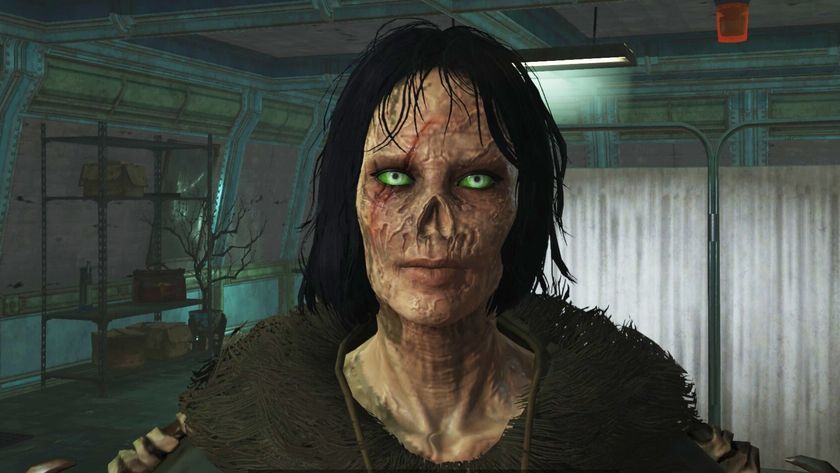

TCG Card Shop Simulator finally adds the ability to decorate our stores, and suddenly all my profits are being spent on adorable Pigni posters

Outer space inspired DayZ's Dean Hall to become a modder and game developer, and now he's making a Kerbal successor called Kitten Space Agency



